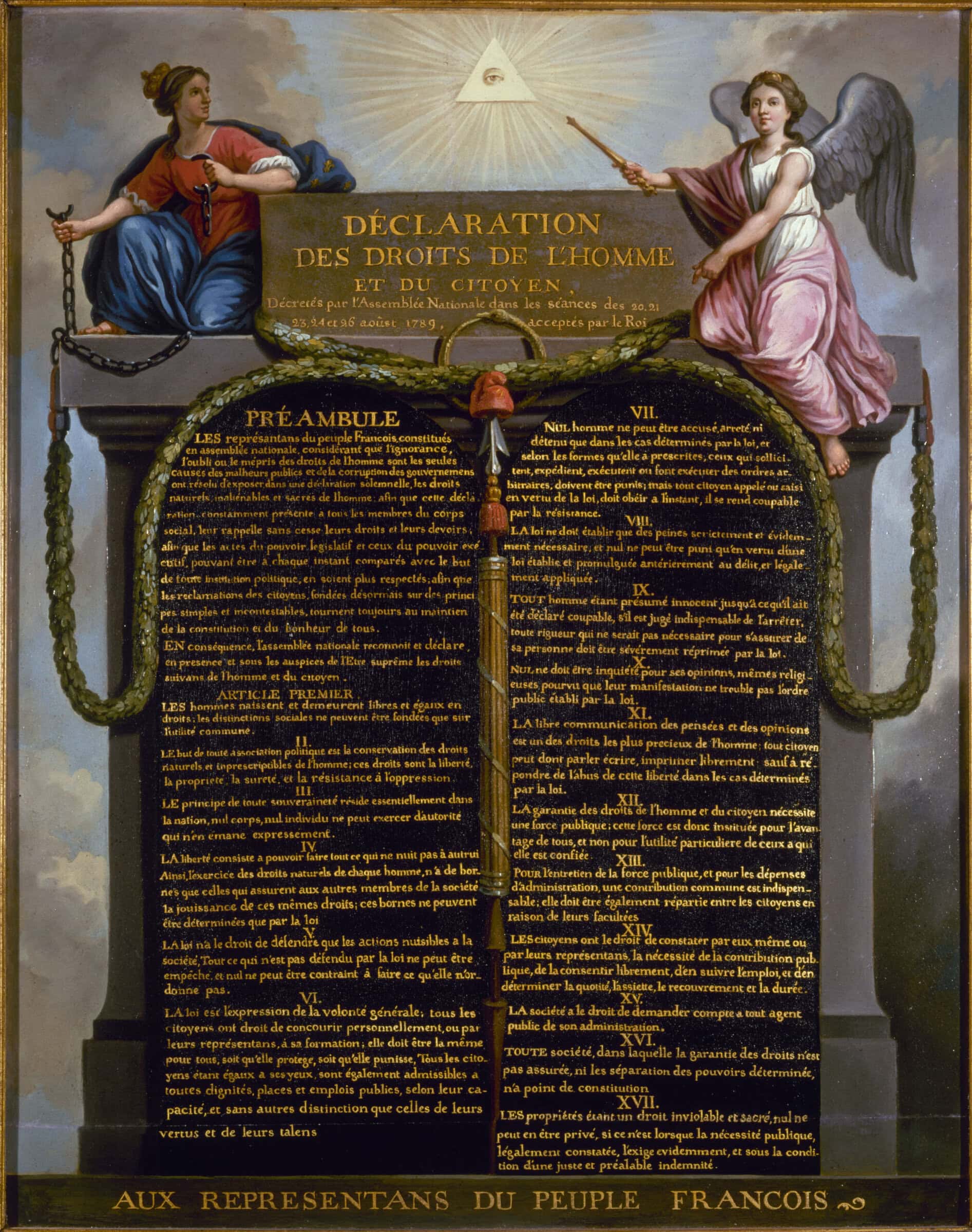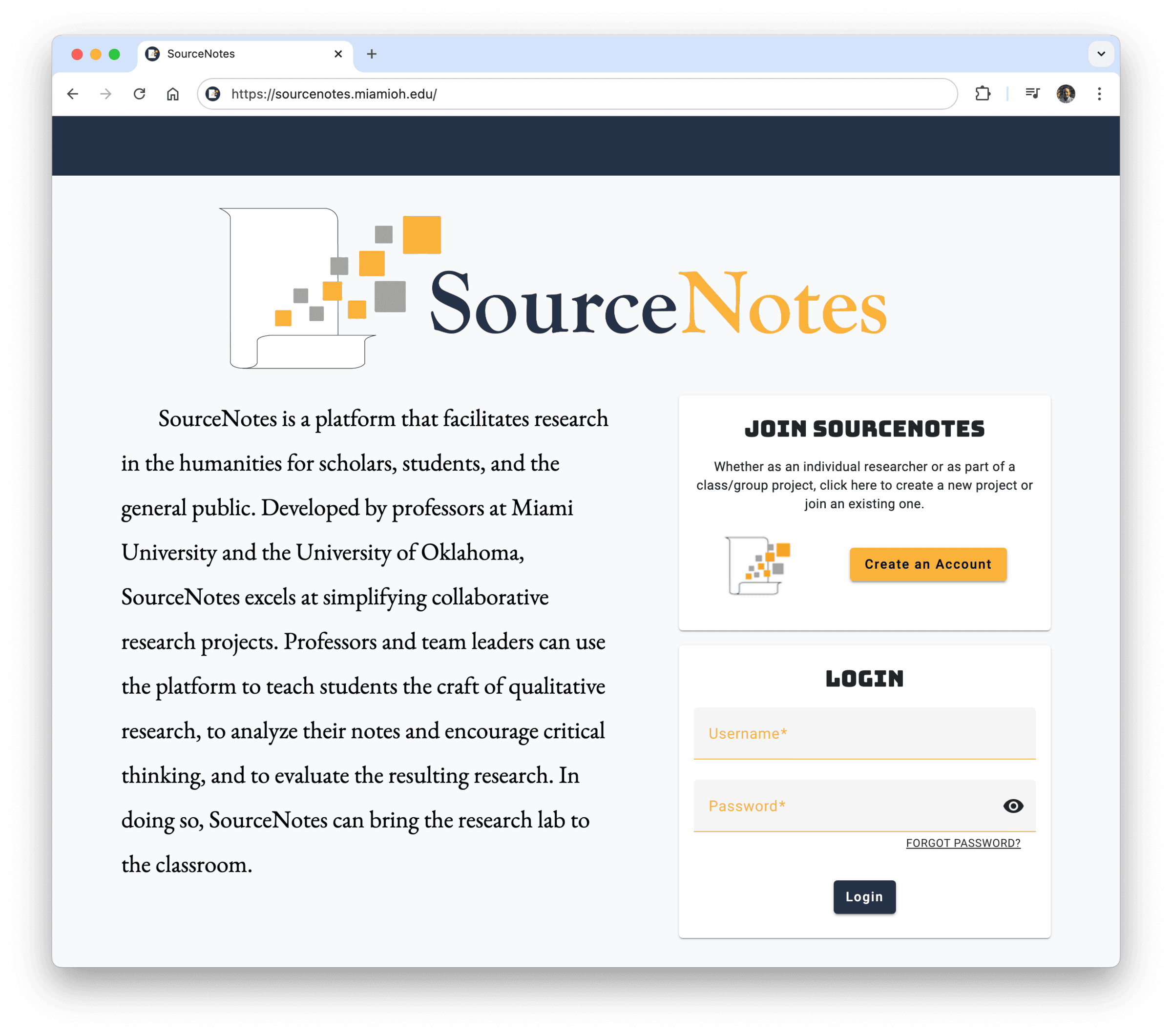When COVID-19 began to spread in the United States, universities moved to online instruction to protect their students, employees, and communities from contracting or spreading the virus. To make the switch as easy as possible, the University of Oklahoma quickly provided resources for professors to adjust to online instruction. To some extent, graduate teaching assistants (GTAs) were shielded from the burden of moving classes online. Recording lectures and uploading them to a learning management system, for example, were professorial duties. However, to say that the move online has been easy for GTAs would be inaccurate.

COVID-19 has forced many teachers and students to use their own devices, making it more difficult to complete certain tasks. Pikist
Before the pandemic, what it meant to be a GTA and the associated duties varied by university, department, and supervising professor. But GTAs typically work with a professor teaching a course, often serving as a point of contact for the undergraduate students enrolled in the class. Additional duties may include grading assignments, creating course materials, lecturing, or leading discussion sections. In spring 2020, I was a GTA for one survey course of about 200 students. Alongside three GTA colleagues, I was responsible for leading three discussion sections of 52 students total. When the pandemic hit, this already time-consuming and emotionally taxing position became even more difficult. The workload increased, as did the emotional burden of being the point-of-contact for undergraduates.
Working from home had perks—I could grade while wearing pajamas all day—but it also meant that I was doing the same tasks with fewer resources. I lost access to reliable technology to grade, contact students, and make materials for the course necessary for completing my work. I struggled to grade online and create materials for my students. I use my personal computer for my teaching work, as GTAs in my department are expected to do, but there were certain tasks that I normally completed in my department’s TA office. There, I had access to a desktop computer with software that makes creating class materials easier. The department desktop does not frequently crash on me, as is the case with my old personal computer. Compensating for my computer’s dysfunction increased how long it took to do my normal tasks.
In one instance, I didn’t have the software to alter a document that the professor suggested I send to my students. To make a replacement, I used a scanner phone application to digitize hard-copy course materials from a previous class. The many steps involved in this process—finding the course materials, scanning the document, checking to make sure that the scan was legible, and so on—greatly increased the amount of time it took to send students this file. Where one GTA with a reliable computer and the necessary software may have spent five minutes altering this document, I simply did not have access to the same technology.
I lost access to reliable technology to grade, contact students, and make materials for the course necessary for completing my work.
The pandemic also brought an unanticipated emotional burden. In a typical semester, students talk to GTAs about anything from the syllabus to traumatic experiences like assault or contemplating self-harm. Within moments, a GTA must switch gears from discussing course materials to notifying the appropriate staff or authorities to ensure the student’s safety and well-being. In my experience, students have felt more comfortable with GTAs than professors in their large courses and are more willing to tell us personal information.
The COVID crisis only increased this emotional labor. After campus closed, I encouraged my students to stay in contact, so that I could make accommodations to make remote learning work for them. I had at least one student without reliable internet access at home, who had to sit in parking lots to do coursework. One international student repeatedly struggled to fly home as countries closed their borders. Some students were competing with siblings for limited internet data, while others simply had trouble adjusting to online instruction alongside the other stresses of this year. The pandemic increased the number and range of student issues I had to handle. It was exhausting and, in trying to mitigate student issues, I ended up making my own life harder.
I had to get creative. I offered Zoom meetings, often outside of my normal office hours, sometimes even at night, to accommodate students’ schedules. I gave numerous extensions, which made grading more difficult. I made an extra effort to check in on certain students throughout the semester, and it could be upsetting to see another person facing such hardships.
But in the process of taking care of my students, I spent less time taking care of myself.
But in the process of taking care of my students, I spent less time taking care of myself. I worried I would not be doing my job, and that I would be a horrible person, if I did not prioritize helping them. I became so exhausted and frustrated that I even thought about leaving graduate school. Focusing on teaching duties took time away from my dissertation and, with archives closed, it seemed as if finishing the program might not be feasible anyway. In the end, I decided not to leave. But the pandemic did make me think about my priorities and if being a GTA, or even finishing the PhD program, was a good decision for me.
Working during COVID-19 has been difficult for everyone. But GTAs face difficulties that others may not realize. We have less access to campus resources and technology than faculty, but are still accountable for making sure courses run smoothly. We are also the main point-of-contact for students, which in the online environment has only become more important and entails more work. Although we are not in charge of the course, the burden of online instruction weighs heavily on GTAs. We inhabit a space between undergraduate students and faculty, facing unique problems that should not be ignored as we head into future semesters with the possibility of more remote instruction. Institutions should be mindful of our predicament as student workers who only have so much time and so many resources, and who must consider our own personal well-being during this difficult year.
Victoria Funk is a PhD candidate at the University of Oklahoma. Her research interests include legal codes, the backcountry, and Indian affairs in late 17th- to early 18th-century Virginia.
This work is licensed under a Creative Commons Attribution-NonCommercial-NoDerivatives 4.0 International License. Attribution must provide author name, article title, Perspectives on History, date of publication, and a link to this page. This license applies only to the article, not to text or images used here by permission.


